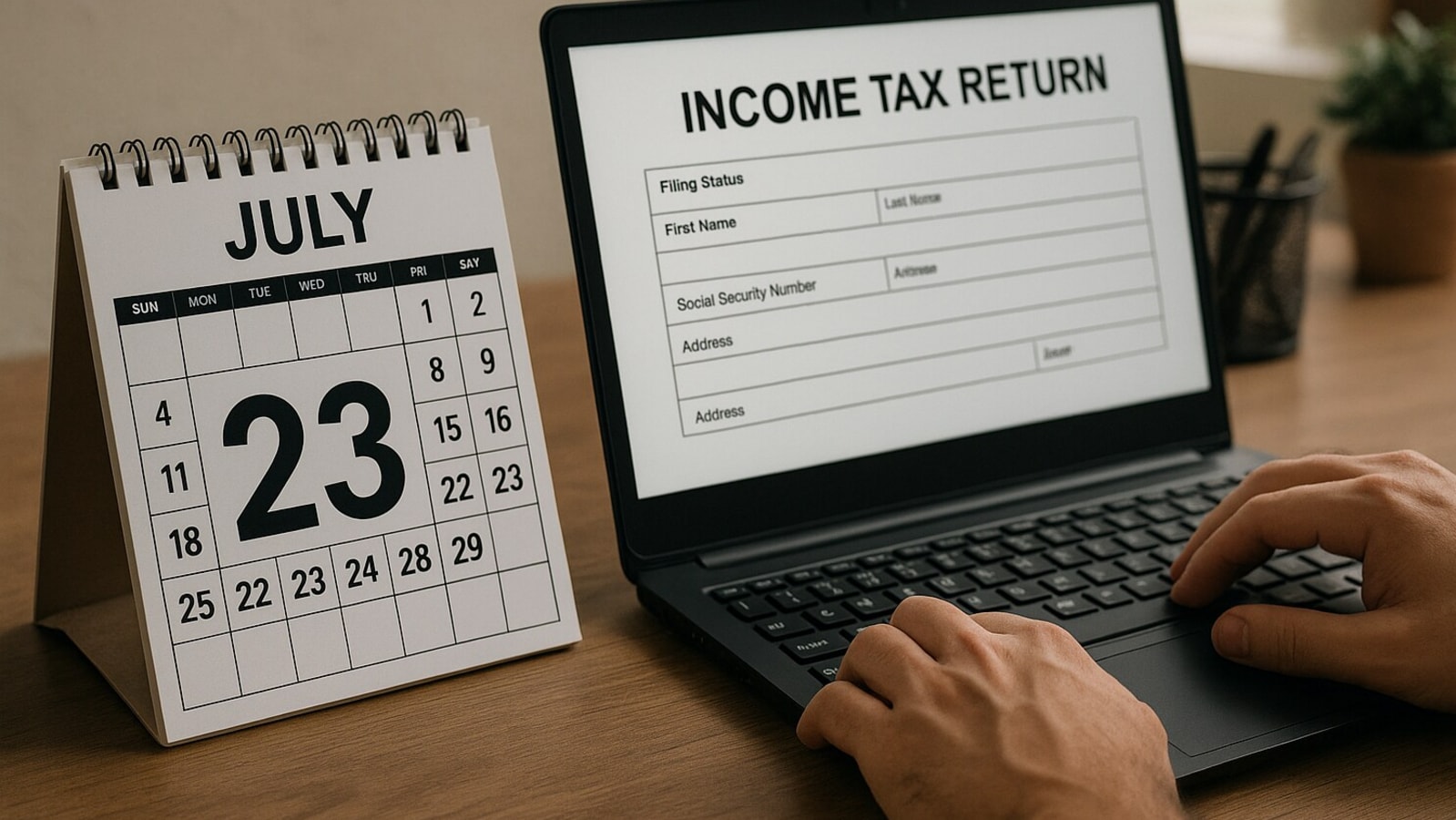Income Tax: Why you should make a special note of July 23 as you file your ITR? All you need to know

On July 23, 2024, Finance Minister Nirmala Sitharaman tabled Budget 2024-25, which carried an array of landmark changes, especially with regards to long-term capital gains tax.
These changes include lowering of long-term capital gains tax rate to 12.5 percent (from 20 percent earlier) while indexation – that allows for adjusting the cost of asset with regards to inflation — was phased out.
Pathbreaking! Isn’t it? The changes were certainly significant, but much needed at the same time, argued experts then.
As tax filing season for FY 2024-25 is on, these changes gain a lot of significance, and several taxpayers would be struggling to comprehend the nuances of those changes. We have deconstructed most of those changes relating to long-term capital gains, which were introduced on the D-day of July 23.
Dilemma of indexation
Notably, the provision of indexation, which was phased out on July 23, 2024, was restored for those asset owners who had purchased their asset(s) before July 23, 2024. They could simply opt for one of the two options: use indexation with a 20 percent tax rate, or skip indexation and pay the capital gain tax rate at 12.5 percent.
And one is expected to choose the option (with or without indexation) that leads to lower tax liability – for obvious reasons.
Capital gains on assets sold on or after July 23
Gaurav Jain, Partner, Direct Tax, Forvis Mazars in India, simplifies the tax provision relating to long-term capital gain.
“For any capital asset sold on or after July 23, 2024, the new regime applies. The changes are significant and affect how tax is calculated on gains. Now, a uniform tax rate of 12.5% applies to long-term capital gains (LTCG) across most asset classes, regardless of indexation. In the case of land and buildings sold on or after July 23, 2024, tax will be charged at 12.5 per cent without indexation. If the aforesaid asset, being land or building, was acquired before July 23, 2024, the taxpayer has the option to choose between12.5% without indexation, or20% with indexation,” says Jain.
Changes introduced in capital gains last year
Short-term gains on financial assets: These assets now attract a tax rate of 20 per cent instead of 15 per cent earlier.
Other financial assets: On all other financial assets and non-financial assets, there will be an applicable tax rate based on the tax slab that applies.
Long-term capital gains: All financial and non-financial assets attract a tax rate of 12.5 per cent instead of 20 percent earlier.
Exemption limit: The limit of exemption of capital gains on certain listed financial assets is ₹ 1.25 lakh per year instead of ₹1 lakh earlier.
For all personal finance updates, visit here




